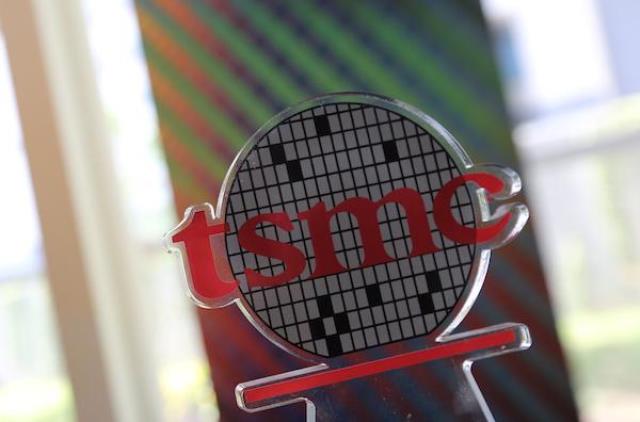Taiwan Semiconductor Manufacturing Co (TSMC) has signalled plans to build new factories in the United States and Japan to meet surge in demand for chips that power smartphones, laptops and cars.
 TSMC said it will expand production capacity in China and does not rule out the possibility of a second phase expansion at its $12 billion manufacturing factory in the U.S. state of Arizona.
TSMC said it will expand production capacity in China and does not rule out the possibility of a second phase expansion at its $12 billion manufacturing factory in the U.S. state of Arizona.
The world’s largest contract chipmaker and a major Apple supplier also said it is currently reviewing a plan to set up a speciality technology wafer fabrication plant in Japan.
TSMC’s overseas expansion plans come amid concern over the concentration of chipmaking capability in Taiwan, which produces the majority of the world’s most advanced chips and is geographically close to political rival China.
“We are expanding global manufacturing footprint to sustain and enhance our competitive advantages and to better serve our customers in the new geopolitical environment,” TSMC chairman Mark Liu told an analyst call.
“While our overseas fabs are not initially able to match the costs of our manufacturing operations in Taiwan, we will work with governments to minimize the cost gap,” Liu said.
He did not give details of its plans in America and Japan, adding the company was working to firm up wafer prices to reflect cost increases.
Reuters reported in May TSMC was eyeing expansion in Arizona beyond the one currently planned.
Liu said TSMC was also planning a capacity expansion in China’s Nanjing due to the urgent need of clients, using the mature 28 nanometre semiconductor manufacturing technology.
It is scheduled to enter production next year and will eventually reach a production of 40,000 wafers per month by mid-2023, he said.
Revenue for April-June at TSMC climbed 28 percent to a record $13.29 billion.
For the quarter ending in September, TSMC forecast revenue of $14.6 billion to $14.9 billion, compared with $12.1 billion in the same period a year earlier.
TSMC said the auto chip shortage will gradually reduce for its customers from this quarter but expects overall semiconductor capacity tightness to extend possibly into next year.
The Taiwanese firm, which also makes chips for Qualcomm, had flagged a $100 billion expansion plan over the next three years, as 5G technology and artificial intelligence applications drive global demand for advanced chips.
